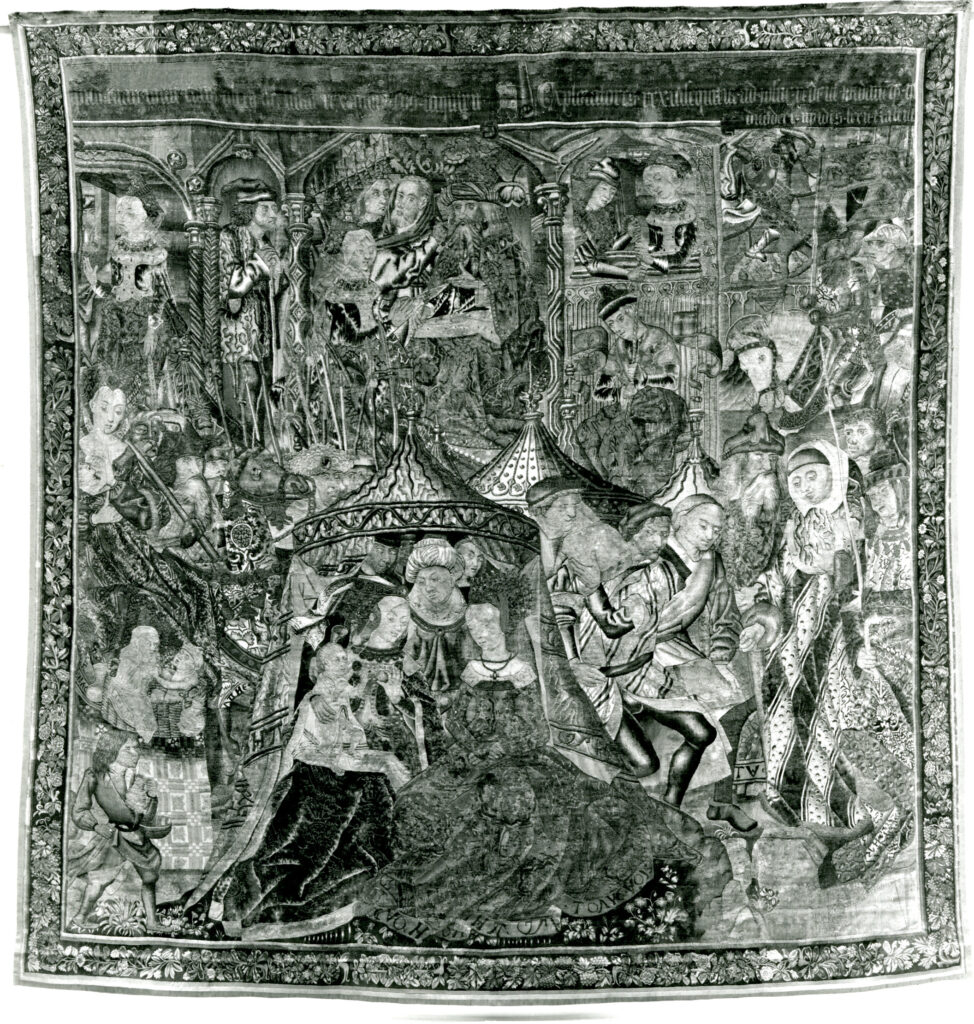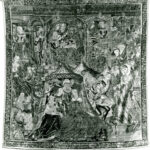Rahab is a prominent figure in the biblical narrative, known for her remarkable story of courage, faith, and redemption. Her story is primarily found in the Book of Joshua in the Old Testament of the Bible.
Early Life and Background: Rahab’s background is shrouded in mystery, but she is believed to have been a Canaanite woman residing in the city of Jericho. She is often referred to as Rahab the Harlot or Rahab the Prostitute, which suggests that she might have been engaged in an immoral profession prior to her encounter with the Israelites. This characterization is based on Joshua 2:1, where she is described as a “harlot” or “prostitute.”
The Spies and the Scarlet Cord: During the events leading up to the conquest of the Promised Land, two Israelite spies were sent by Joshua to scout out the city of Jericho. Rahab’s role in the story unfolds when she hides the spies from the authorities, an act that demonstrates her courage and faith in the God of Israel. She lies to the authorities to protect the spies, but her actions are motivated by her recognition of the power of the Israelite God and her desire to align herself with the people of Israel.
Rahab’s faith and trust in the God of Israel are evident when she negotiates a pact with the spies. In exchange for her assistance, she requests protection for herself and her family when the Israelites eventually attack Jericho. The spies agree to her terms, and Rahab ties a scarlet cord in her window as a sign for the Israelites to spare her household during the conquest.
Redemption and Transformation: When the Israelites conquer Jericho, they fulfill their promise to Rahab. She and her family are spared and safely brought out of the city. This act of redemption is significant in illustrating the transformative power of God’s grace. Rahab’s past as a prostitute is not held against her, and she is fully integrated into the Israelite community.
Rahab’s story doesn’t end with the conquest of Jericho. She later marries Salmon, an Israelite from the tribe of Judah, and becomes an ancestor of King David and ultimately Jesus Christ. Her inclusion in the genealogy of Jesus (Matthew 1:5) underscores the idea that God’s redemption extends to all, regardless of their past.
Legacy and Significance: Rahab’s story is celebrated for several reasons. Her faith and courage stand as a testament to the transformative power of God’s grace, which can redeem even the most unlikely individuals. Her story also challenges societal norms and prejudices, highlighting that a person’s background does not determine their worth in the eyes of God.
Rahab’s inclusion in the lineage of Jesus emphasizes the universality of salvation and the idea that God works through individuals from diverse backgrounds to fulfill His purposes. Her story has inspired countless believers throughout history, demonstrating that anyone can find redemption and a new purpose through faith.
Conclusion: Rahab’s biography is a compelling narrative of courage, faith, redemption, and transformation. Her journey from a marginalized individual in Jericho to a respected member of the Israelite community showcases the profound impact of faith and God’s grace on a person’s life. Rahab’s story continues to serve as a source of inspiration and a reminder of the inclusive and redemptive nature of God’s love.
Sources:
Life Lessons from Rahab – Articles about the Bible – Bible Society







